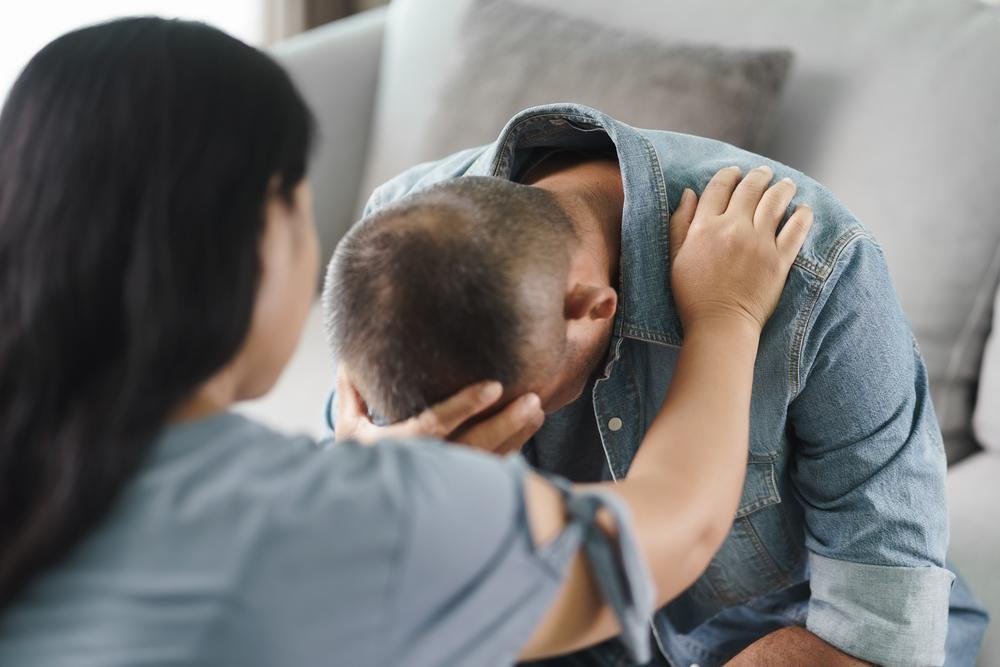
People suffering from Post-Traumatic Stress Disorder, or PTSD, have generally developed it as the result of a dangerous, scary or shocking event in their lives. Since PTSD is not something we are born with a tendency toward, like depression can be, it might be harder for some people to recognize. We tend to experience what is called a “fight or flight” response to protect us from harm when we experience trauma, and while that may last briefly for many people, those with PTSD continue to experience the results of it, so will feel frightened or stressed, even in a safe situation.
What Are Signs of PTSD?
Signs of PTSD will vary from person to person. PTSD also may not result from a dangerous event, exactly, but from some other trauma, such as an unexpected death of a loved one. People will usually experience symptoms quickly, within three months of the incident, though it can take years.
· For a PTSD diagnosis, an adult must experience all of the following for at least one month:
o One or more re-experiencing symptoms like flashbacks or bad dreams, or frightening thoughts
o One or more avoidance symptoms, such as staying away from places or thoughts that remind them of the event
o Two or more arousal and reactivity symptoms, such as having angry outbursts, trouble sleeping, feeling tense or being easily startled
o Two or more cognition and mood symptoms, such as difficulty remembering key parts of the traumatic event, loss of interest in activities they enjoy, distorted feelings such as blame or guilt, and negative thoughts about oneself or the world
· PTSD must be diagnosed by an experienced doctor
What Are Risk Factors for PTSD?
PTSD can indeed happen at any age, as traumatic events can happen to anyone at any age. Approximately 7 or 8 out of every 100 people are expected to experience PTSD at some point during their lifetime. Women are more likely to develop PTSD than men are.
While genetics can’t give us PTSD, they can play a part in our likelihood to develop it. Some risk factors include:
· Living through dangerous traumas and events
· Getting injured
· Witnessing another person being hurt
· Seeing a dead body
· Childhood trauma
· Having no, or very little, social support after the traumatic event happens
· Dealing with additional stressors after the traumatic event
· Having a history of mental illness
· Having a history of substance abuse
How is PTSD Treated?
Most people are treated for PTSD with talk therapy and/or some kind of medication. Speaking with an experienced mental health provider will allow someone with PTSD to be able to assess the intricacies of their condition and help come up with a detailed plan to help treat them best.
Some other things that can contribute to an easier recovery include:
· Support from other people like friends and family
· Seeking the help of a support group
· Learning to accept and feel good about how you reacted to danger
· Finding positive coping strategies
